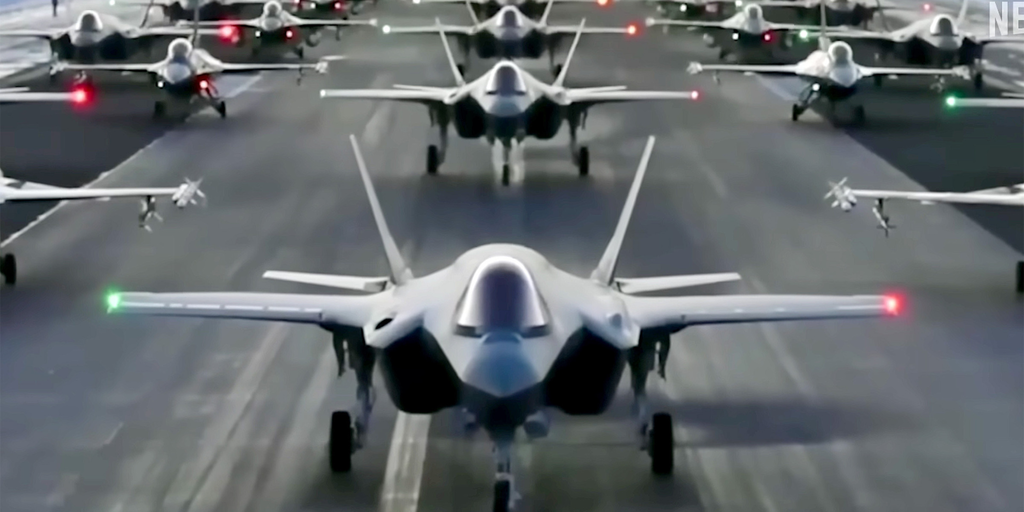Politicians, including Russian President Vladimir Putin, are exploring the integration of artificial intelligence technology in future warfare, as global leaders collaborate to establish unified policies regarding its advancement.
According to a recent report by Reuters, Putin has expressed a strong dedication to advancing Russia’s AI strategy, highlighting the significance of averting Western dominance over AI technologies.
At the Artificial Intelligence Journey event, Putin hinted at the forthcoming approval of an updated regional plan for artificial intelligence development as an initial stride towards this objective.
In the midst of an escalating AI arms race between the United States and China, the rivalry among tech behemoths such as Microsoft, Google, and Amazon to improve public access to state-of-the-art AI has drawn comparisons to the historical nuclear arms race. Noteworthy, prominent U.S. defense contractors like Raytheon, Lockheed Martin, and General Dynamics are actively involved in crafting AI technologies for military purposes.
A prominent contender in this domain is Shield AI, a San Diego-based company featured in the Netflix film “Unknown: Killer Robots,” specializing in combatAI technology.
Established in 2015 by siblings Brandon and Ryan Tseng alongside Andrew Reiter, Shield AI, an American aerospace and defense technology company, has garnered acclaim for its innovative Nova line of unmanned aerial vehicles (UAV). These UAVs possess the capability to operate in GPS-denied or radio frequency-restricted urban settings, delivering crucial support to military operations.
As per Willie Logan, the Engineering Director at Shield AI, the primary aim of integrating AI into military operations is to boost safety and preserve lives, notwithstanding concerns about the ramifications of autonomous war machines reminiscent of the T-800 from the Terminator Series.
Referring to their AI program as “the hivemind,” Shield AI accentuates the autonomy and purpose-driven functionality of their AI-infused UAVs, setting them apart from conventionally piloted aircraft. Logan accentuates the AI’s capacity to autonomously identify and engage targets, streamlining reconnaissance and decision-making processes for ground forces.
Through a strategic collaboration with security expert Kratos Defense, Shield AI has expanded its AI capabilities to encompass piloting the Valkyrie, an autonomous XQ-58A fighter jet, and integrating artificial neurons into drones. Following a successful funding round that amassed \(200 million in investments, Shield AI’s valuation has soared to \)2.7 billion.
Acknowledging the transformative potential of AI in military operations, the U.S. military has made significant investments in harnessing AI technologies, including generativeAI, to facilitate online combat procedures based on extensive martial data inputs.
The Pentagon’s Replicator program, unveiled by Department of Defense Deputy Secretary Kathleen Hicks, aims to deploy attritable autonomous systems on a large scale across multiple domains within the next 18 to 24 months.
In a notable development, German AI security firm Helsing secured $223 million in Series B funding in September, with contributions from Swedish automaker Saab, renowned for manufacturing the Gripen fighter aircraft.
While the depiction of rogue AI in mainstream media may sensationalize the risks associated with artificial intelligence, Logan stresses that Shield AI’s focus remains on enhancing safety and situational awareness to effectively safeguard individuals.
Logan underscores Shield AI’s dedication to furnishing a proactive defense capability to the United States, underscoring the significance of establishing ethical standards for AI weapon development to deter misuse by other nations.






